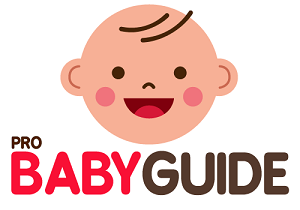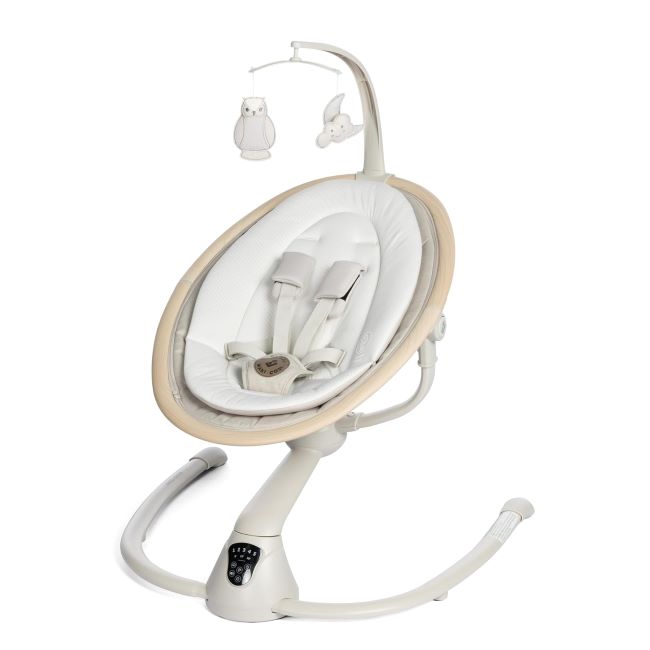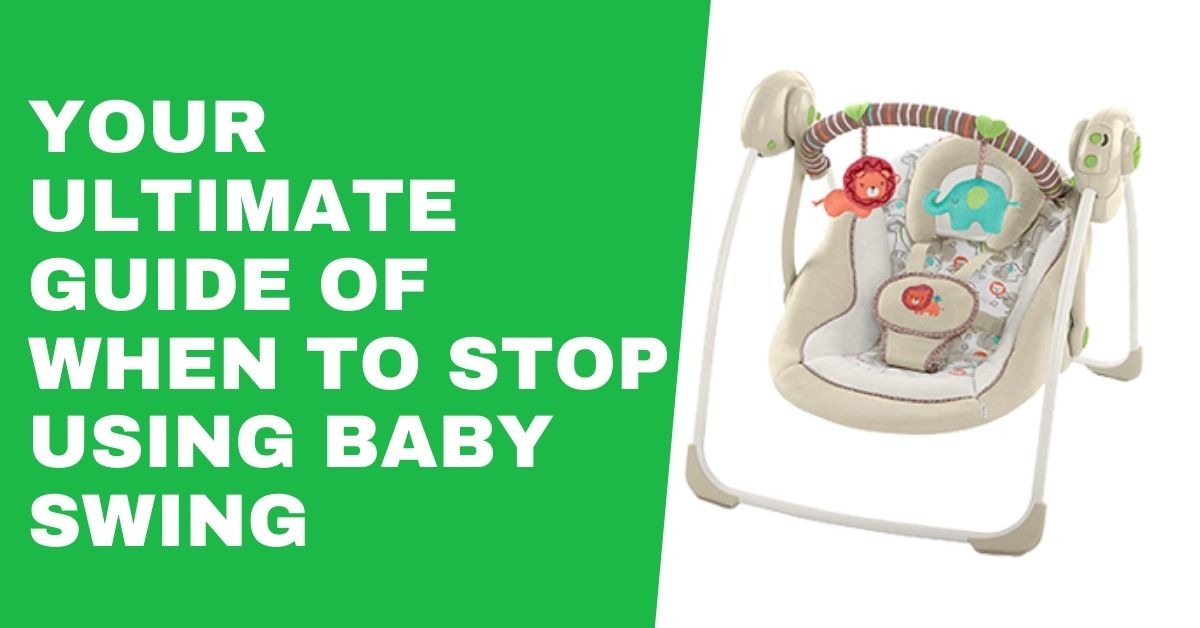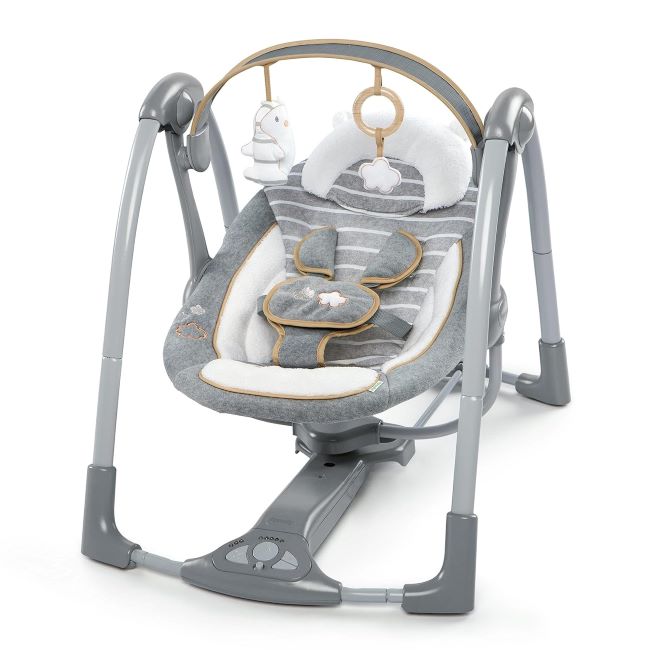The gentle, rhythmic sway of a traditional baby swing has lulled infants to sleep for generations. Beyond its comforting motion, the benefits of traditional baby swing motion include a wealth of advantages for your little one’s development and well-being. Let’s delve into the science-backed advantages of this time-tested soothing technique.
1. Calming and Comforting
- Mimicking the Womb: The back-and-forth motion of a traditional swing closely resembles the swaying sensation babies experience in the womb. This familiarity creates a sense of security and comfort, helping to soothe fussiness and reduce crying.
- Vestibular Stimulation: Swinging stimulates the vestibular system, located in the inner ear, which is responsible for balance and spatial orientation. This gentle stimulation can have a calming effect on babies, promoting relaxation and sleep.
- Release of Endorphins: The rhythmic motion of a swing can trigger the release of endorphins, natural mood boosters that create feelings of happiness and well-being. This can help soothe babies and reduce stress.
2. Promoting Sleep
- Sleep Regulation: The gentle rocking motion of a swing can help regulate a baby’s sleep-wake cycle. The repetitive movement encourages drowsiness and helps babies fall asleep more easily.
- Longer Sleep Duration: Studies have shown that babies who are swung tend to sleep for longer periods. The soothing motion helps them stay asleep, reducing the frequency of nighttime awakenings.
- Safe Sleep Environment: For babies who prefer an inclined sleeping position, a swing can offer a safe alternative to unsafe sleep practices. Always ensure the swing is used in a supervised setting and the baby is properly secured.
3. Enhancing Development
- Gross Motor Skills: While swinging, babies engage their core muscles and develop head control. The back-and-forth motion also helps improve their sense of balance and coordination.
- Cognitive Development: The visual stimulation provided by the changing scenery as the baby swings can aid in visual tracking and focus, contributing to cognitive development.
- Sensory Exploration: Many baby swings come equipped with toys, mirrors, and music, providing opportunities for sensory exploration and stimulating your baby’s senses of sight, sound, and touch.
4. Providing Relief
- Colic Relief: The gentle motion of a swing can help soothe babies suffering from colic. The rhythmic movement can help ease gas and stomach discomfort, reducing crying and fussiness.
- Reflux Relief: For babies experiencing reflux, the slightly upright position in a swing can help reduce the frequency and severity of reflux episodes.
- Congestion Relief: The gentle rocking motion can help loosen mucus and provide relief for babies with nasal congestion.
5. Offering Parental Support
- Hands-Free Time: A baby swing can provide parents with a safe and secure place to place their baby while they attend to other tasks, offering a much-needed break.
- Bonding Time: While the baby is content and relaxed in the swing, parents can use this opportunity to interact and bond with their little one, fostering a strong parent-child connection.
- Stress Reduction: Knowing that their baby is calm and comforted in the swing can help reduce parental stress and anxiety, promoting overall well-being for the entire family.
Choosing the Right Swing
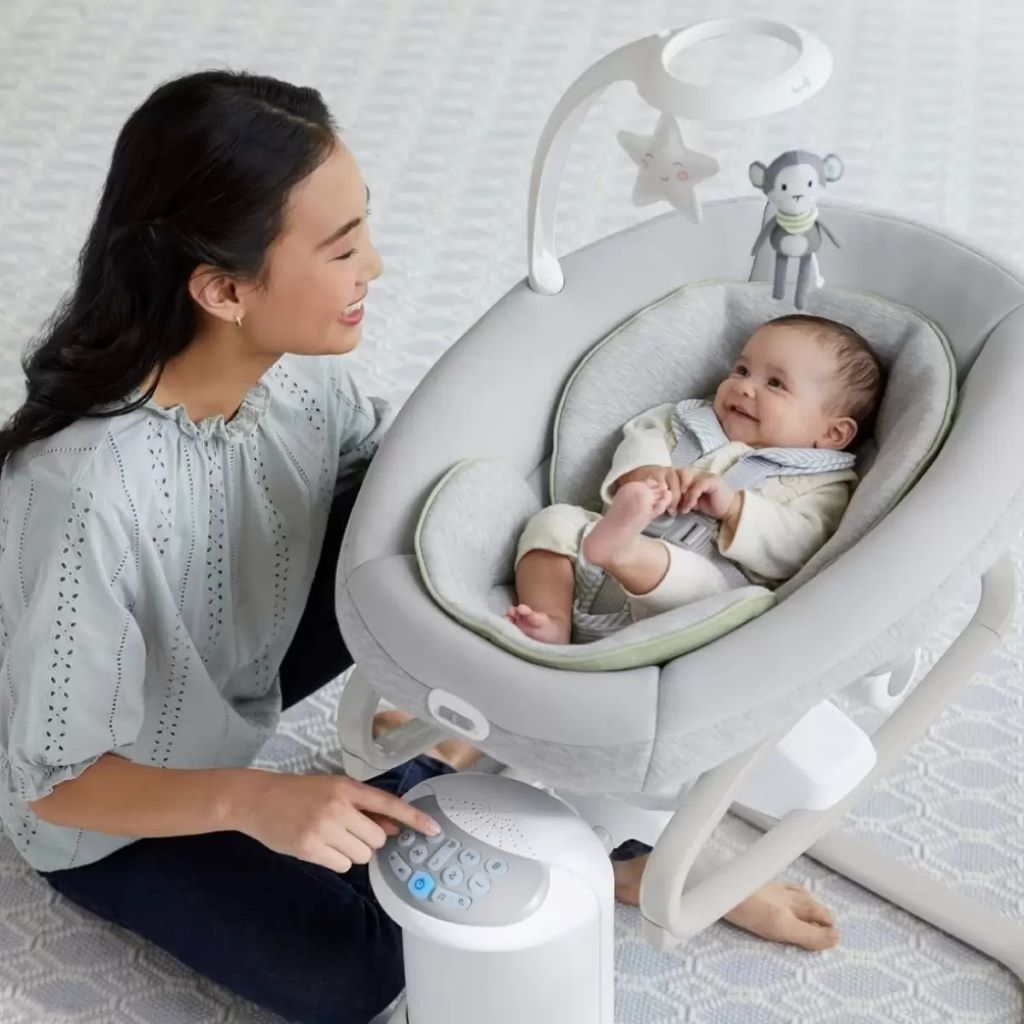
To reap the full benefits of a traditional baby swing, it’s important to choose one that is safe, comfortable, and suitable for your baby’s age and needs. Here are some factors to consider:
- Safety Standards: Ensure the swing meets all safety standards and has a sturdy frame and secure harness system.
- Swing Motion: Opt for a swing with a smooth, gentle back-and-forth motion that mimics the natural swaying movement.
- Speed and Recline Options: Choose a swing with adjustable speed and recline settings to cater to your baby’s preferences and needs.
- Comfort and Support: Look for a swing with a comfortable seat that provides adequate support for your baby’s head and neck.
- Additional Features: Consider features like music, toys, and vibration, which can enhance the soothing and stimulating experience for your baby.
You Might Enjoy: 7 Best Baby Swing Reviews and Ratings Of 2025
Safety Precautions
While baby swings offer numerous benefits, it’s crucial to follow safety guidelines to ensure your baby’s well-being:
- Always supervise your baby while they are in the swing.
- Never leave your baby unattended in the swing.
- Use the swing for short periods, typically no more than 30 minutes at a time.
- Ensure the swing is placed on a stable, level surface.
- Always use the harness to secure your baby properly.
- Discontinue use of the swing once your baby can sit up or climb out on their own.
People Also Loved: Your Ultimate Guide of When To Stop Using Baby Swing
Conclusion
The traditional baby swing, with its gentle, rhythmic motion, provides a time-tested method for soothing and comforting babies. From promoting sleep and enhancing development to providing relief and supporting parents, the benefits of a baby swing are numerous. By choosing the right swing and following safety guidelines, you can harness the power of this classic tool to enhance your baby’s well-being and create a more peaceful and joyful parenting experience.
